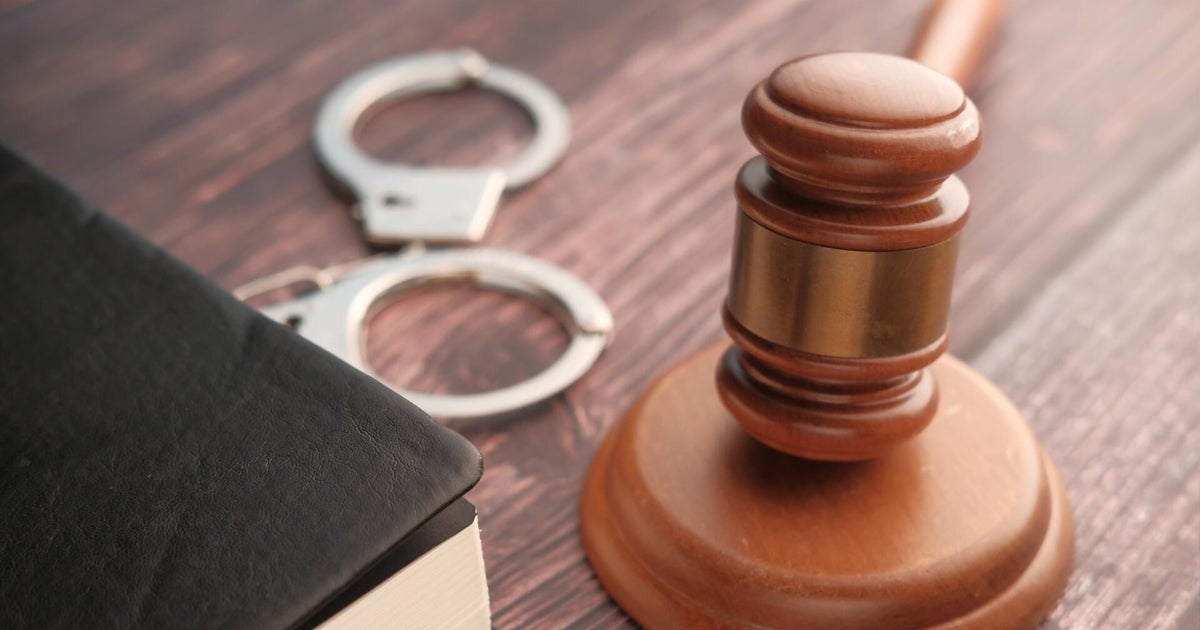Steve Bannon's prison sentence delayed as he appeals conviction
Washington — Steve Bannon, former President Donald Trump's chief White House strategist and 2016 campaign CEO, will remain free from serving a four-month prison sentence as he appeals his recent conviction on two counts of criminal contempt of Congress.
Judge Carl Nichols filed the expected ruling on Monday delaying the prison term after Bannon filed a notice appealing his conviction on Friday. That case will now make its way through the D.C. Circuit Court of Appeals, and Bannon will only serve time in prison if his conviction is upheld by higher courts.
Bannon, a private citizen at the time of the Jan. 6 committee's creation last year, was charged after he rebuffed the panel's demand that he sit for a deposition with investigators and hand over documents relevant to the congressional probe.
During his trial in July, prosecutors told the jury that Bannon thought he was "above the law" and had "thumbed his nose" at congressional demands. Bannon chose not to testify, and his legal team called no witnesses.
In refusing to comply with the committee's subpoena, he claimed he could not testify because of executive privilege concerns raised by Trump, adding that his attorney, Robert Costello, had advised him not to comply with the subpoena because of those concerns.
Judge Nichols ruled that because of binding precedent from a higher court, Bannon's legal team could not present a defense known as "advice of counsel" to the jury. Those legal issues are the likely subjects of his appeal and Nichols indicated some the questions were worth further consideration by the higher courts.
In his Monday ruling delaying the sentence, Nichols noted that Bannon is not likely to flee as the appeals process moves forward and reiterated that the issues raise "substantial question of law that is likely to result in a reversal or an order for a new trial."
Nevertheless, when imposing Bannon's sentence last month, Nichols said Bannon "has not taken responsibility for his actions."
Nichols said the House Jan. 6 committee, which Bannon was convicted of defying, has "every reason" to investigate the events of that day and work to prevent similar instances in the future.
The judge said some of the information the committee sought from Bannon had "no conceivable claim of executive privilege," but privilege over other topics was less clear. Nichols conceded that Bannon's legal team did not completely ignore the committee and communicated with the staff about its privilege concerns.
But Bannon's attorneys argued their client was convicted for following the advice of his attorney and had been politically targeted for his actions.
"The facts of this case show that Mr. Bannon's conduct was based on his good-faith reliance on his lawyer's advice," his legal team wrote earlier this week, "Based upon clear authority, Mr. Costello provided legal advice to Mr. Bannon. Mr. Costello provided legal justifications for Mr. Bannon's position to the Select Committee and received responses back from Select Committee attorneys. Mr. Costello provided advice to Mr. Bannon, and Mr. Bannon acted on that advice."
"It is especially inappropriate for this case to be brought as a criminal case," Schoen contended, adding that "Mr. Bannon should make no apology."



